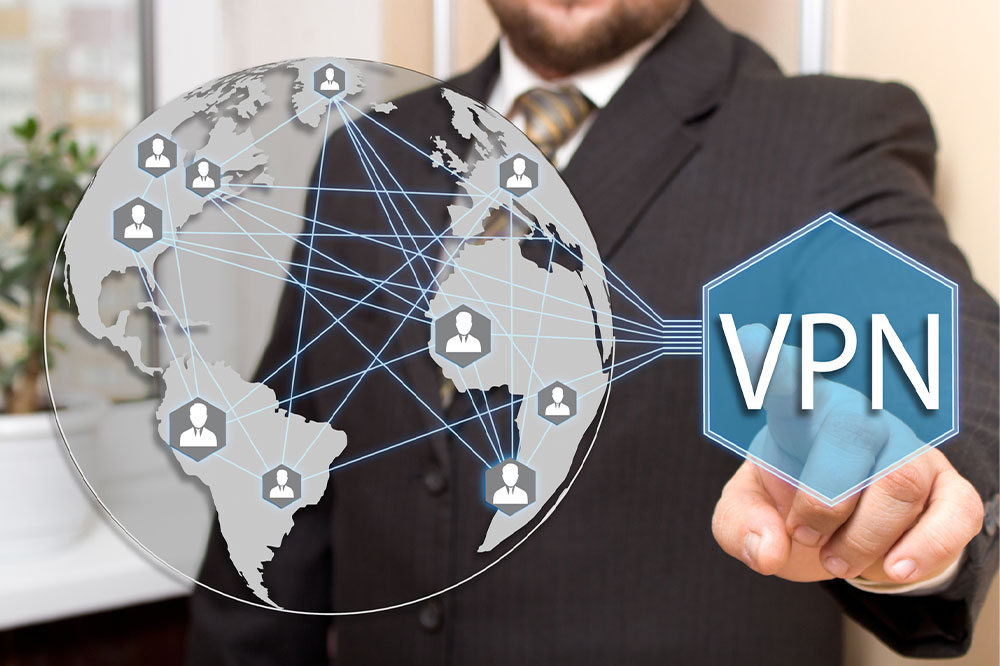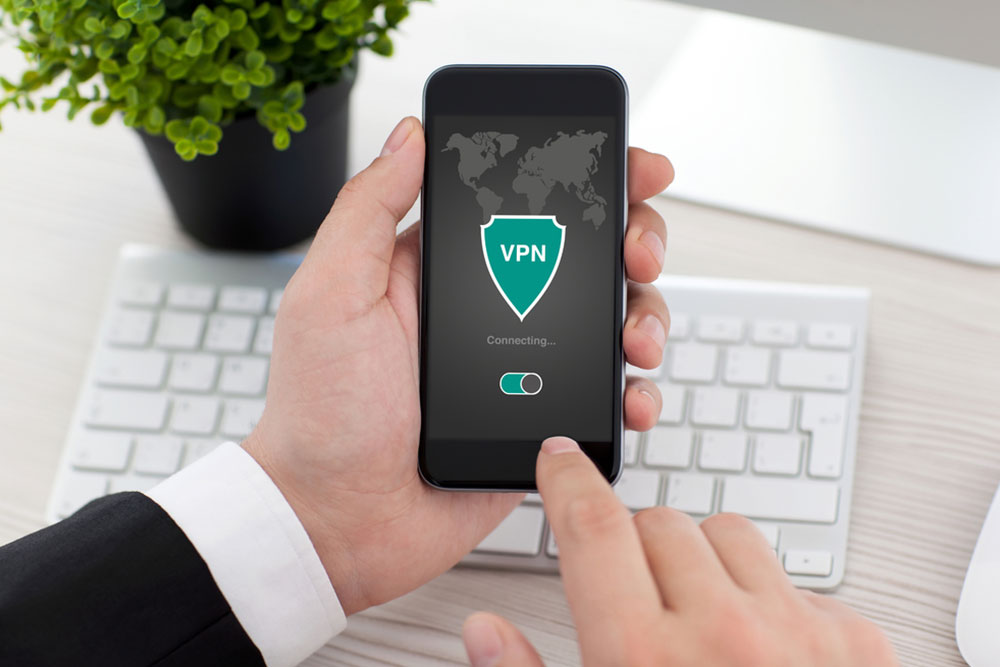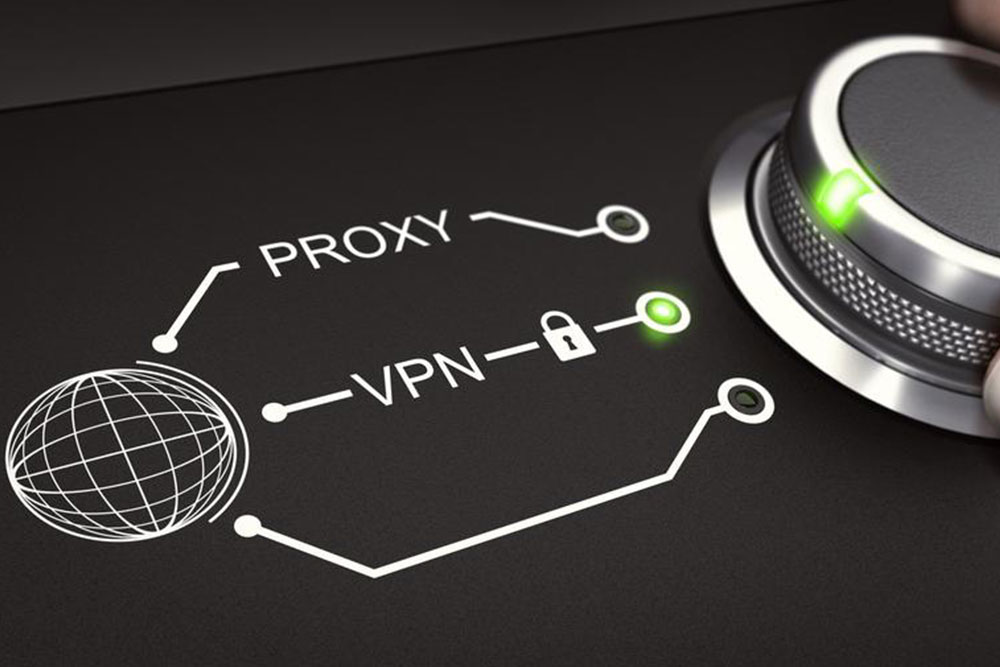Comprehensive Guide to Choosing the Perfect VPN Service for Privacy and Security
This comprehensive guide provides insights into various types of VPNs, their functions, and how to select the optimal VPN service to secure your online activities. Learn about remote access, site-to-site, and mobile VPNs, and discover key tips for choosing a trustworthy provider. Whether for personal privacy or business security, the article covers everything you need to know about VPNs, including performance, security features, and access to global content. Stay protected and enhance your online experience today.

Comprehensive Guide to Choosing the Perfect VPN Service for Privacy and Security
In an era where digital privacy is increasingly under threat, Virtual Private Networks (VPNs) have become essential tools for safeguarding online presence. Whether browsing from a home network, public Wi-Fi, or while traveling, selecting the right VPN can make a significant difference in protecting your data and maintaining anonymity. This detailed guide delves into the various types of VPNs available, their features, and provides expert advice on how to choose the most suitable VPN service tailored to individual and business needs.
Understanding Different Types of VPNs and Their Benefits
Virtual Private Networks come in various forms, each designed to serve specific privacy, security, and connectivity needs. Knowing the differences helps users make informed decisions when selecting a VPN service. Here’s an extensive overview of the three primary types:
Remote Access VPNs
Remote access VPNs are designed for individual users who need to connect securely to a private network over the internet.
This type is commonly used by employees working remotely, freelancers, or individuals wanting to shield their browsing habits from potential snoopers.
Protocols such as IPsec, SSL (Secure Sockets Layer), and sometimes PPTP (Point-to-Point Tunneling Protocol) or L2TP (Layer 2 Tunneling Protocol) establish encrypted tunnels for safe data transfer.
Encryption ensures that sensitive information like passwords, emails, and personal data are shielded from hackers or malicious entities.
Site-to-Site VPNs
This VPN type connects entire networks rather than individual devices, making it ideal for large organizations with multiple branch offices or data centers.
Usually built on IPsec technology, site-to-site VPNs establish a secure link between different physical locations, creating a unified network infrastructure.
Modern implementations leverage cloud-based gateways, enabling hybrid cloud environments and flexible, scalable connectivity options.
This setup enhances collaboration, reduces data transfer costs, and improves overall network efficiency.
Mobile VPNs
Mobile VPNs are tailored for users on the move, ensuring a seamless, secure connection across various networks and devices.
They are optimized for smartphones, tablets, and laptops, consuming less power and processing resources, which extends battery life and improves performance.
Features such as quick handover between networks, encryption, and minimal latency address common wireless connectivity challenges.
Their reliability makes them essential for remote workers, travelers, or anyone who needs consistent, secure internet access during transit.
Who Should Use a VPN and Why?
Anyone utilizing laptops, smartphones, or tablets from different locations can benefit, regardless of whether they are traveling, working remotely, or simply browsing at home.
Privacy-conscious users aiming to prevent data collection, targeted advertising, or government surveillance should consider VPNs.
Businesses seeking to protect sensitive corporate data, secure communications, and maintain regulatory compliance often rely on VPN solutions.
Individuals concerned about hacking, identity theft, or unauthorized access should prioritize using VPNs for enhanced security.
How to Select the Best VPN Service for Your Needs
Choosing a VPN involves evaluating several factors including cost, performance, security features, and device compatibility. Here’s a comprehensive approach to help you make an informed decision:
Pricing and Plans
VPN providers offer a spectrum of plans—from free services with limitations to premium paid subscriptions. While free VPNs can be suitable for casual browsing, they often come with data caps, slower speeds, or intrusive ads. For critical or business-related use, investing in paid plans ensures better security, faster speeds, and more reliable service. Prominent paid options like NordVPN, ExpressVPN, or CyberGhost offer trials and money-back guarantees for testing purposes.
Reliability and Trustworthiness
Reading user reviews, expert analyses, and considering the provider’s reputation helps identify trustworthy VPN services. Look for companies that do not keep extensive logs, have transparent privacy policies, and are based in jurisdictions with strict data protection laws.
Performance and Speed
High-quality VPNs provide fast, stable connections with minimal lag, which is crucial for streaming, gaming, or VoIP calls. Typically, higher subscription costs translate into better bandwidth allocation and server infrastructure.
Device Compatibility and Ease of Use
Ensure the VPN supports your devices, whether Windows, macOS, Android, or iOS. User-friendly interfaces, quick setup guides, and dedicated apps enhance the overall experience. Also, verify if the VPN maintains minimal logs to prevent unwanted data collection and privacy breaches.
Security Features
Encryption standards such as AES-256, secure protocols, DNS leak protection, and kill switch functionalities are fundamental for robust security. Some VPNs offer additional features like ad blocking, malware protection, and double VPN routing for enhanced privacy.
What Can You Access Using a VPN?
The benefits of VPN usage extend beyond privacy—users can access a wide array of content and services worldwide:
Watch live-streamed sporting events like the FIFA World Cup, Tour de France, or Olympic Games normally geo-restricted in certain countries.
Enjoy international streaming platforms like Netflix, Hulu, or BBC iPlayer by bypassing regional restrictions.
Access websites and online services that are blocked or censored in your location, enabling free and open internet browsing.
Securely connect to public Wi-Fi networks, preventing data breaches and hacking attempts.
In conclusion, choosing the right VPN service involves understanding your specific needs—be it privacy, security, or access to global content—and carefully evaluating the options based on performance, reputation, and features. With the increasing importance of digital security, a reliable VPN is no longer a luxury but a necessity for safeguarding your online presence in an interconnected world.





